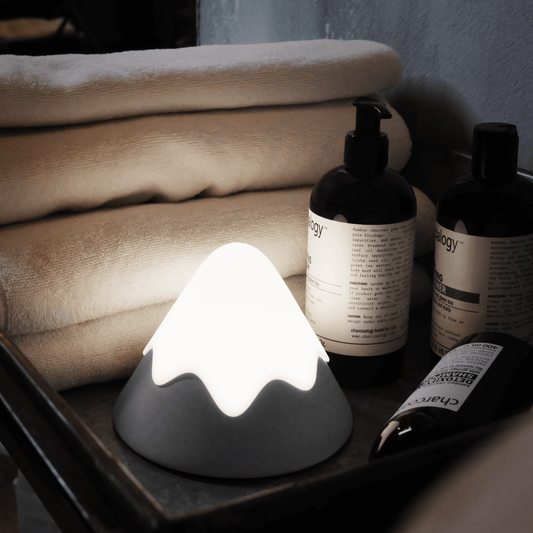Have you ever felt exhausted despite sleeping for a full night and day? Do you find yourself randomly nodding off during the day, even when you’re not tired? You may be suffering from narcolepsy – a medical condition that is more common than many think. Let’s learn more about narcolepsy, what it entails, and how it affects those living with this sleep disorder in Australia.

What is Narcolepsy?
Narcolepsy is a chronic neurological disorder that affects the brain’s ability to properly regulate sleeping and waking cycles. Those with narcolepsy experience sudden periods of extreme sleepiness throughout the day, as well as other symptoms such as cataplexy (muscle weakness) and sleep paralysis (inability to move). According to Woolcock there is no clear data on how many Australians have this condition however the estimate is probably around 25 to 50 cases per 100,000.
Symptoms Of Narcolepsy
The primary symptom of narcolepsy is excessive daytime sleepiness (EDS). Those with EDS feel an overwhelming urge to sleep at any time during the day and can fall asleep suddenly within minutes, often in inappropriate places or situations.
Cataplexy is one of the most common symptoms associated with narcolepsy and it affects around 70% of those living with this sleep disorder. It is a sudden loss of muscle tone that can cause individuals to collapse, often triggered by strong emotions such as laughter, surprise or fear. During an episode of cataplexy, individuals remain conscious but their muscles become weak and they are unable to move temporarily. Cataplexy episodes usually last less than two minutes however in some cases they can continue for up to 30 minutes or longer. Treatment options include medications, lifestyle changes and cognitive behavioral therapy (CBT).
Sleep paralysis temporary and can mean the inability to move or speak while falling asleep or waking up. It is very similar to cataplexy hoever it doesn't happen in the daytime, its defined to happen at the edge of sleep. It usually lasts only a few seconds or minutes and is similar to REM-induced inhibitions of voluntary muscle activity. People stay fully conscious as this happens and recover quite quickly.
Other symptoms include automatic behaviours where a person may perform tasks without being aware of them; vivid dreaming while falling asleep or waking up and fragmented nighttime sleep.
What Is The Cause Of Narcolepsy?
The lack of hypocretin, a neuropeptide created by neurons in the hypothalamus region of the brain, is thought to be one of the leading causes of narcolepsy. It is hypothesized that those with narcolepsy have fewer hypocretin-producing neurons and therefore are more likely to suffer from its symptoms. Hypocretin helps regulate wakefulness and sleeping patterns, as well as other processes such as appetite, temperature regulation, and stress responses. When there is a decrease in these peptides due to genetic or environmental factors, narcolepsy can occur.
The exact cause of narcolepsy is not fully understood but it believed to be caused by a combination of genetic and environmental factors.
What Are The Treatments For Narcolepsy?
Treatment options that can be done from home include lifestyle changes such as getting enough restful sleep, avoiding caffeine and nicotine late in the day, establishing regular eating patterns and exercise habits. These are very similar changes that we recommend for anyone looking to improve their sleep. Read the ultimate sleep checklist for a extensive list.
The next step is getting medical and professional help and this could include behavioural therapies such as cognitive-behavioural therapy; medications such as stimulants, antidepressants, sodium oxybate; and surgery for severe cases which can help reduce some symptoms like cataplexy attacks.
Narcolepsy can have a huge impact on everyday life – from struggling at work due to constant fatigue to dealing with intrusive thoughts while trying to fall asleep or waking up mid-dream due to disrupted sleeping patterns. It’s important for Australians who are experiencing any of these symptoms mentioned above to seek medical attention immediately so they can discuss their treatment options with professionals who understand their specific needs. With proper care and management strategies, those living with narcolepsy can lead normal lives just like everyone else. We are not medical professionals and information gathered above is a reference only, please seek medical help if you are concerned.





















